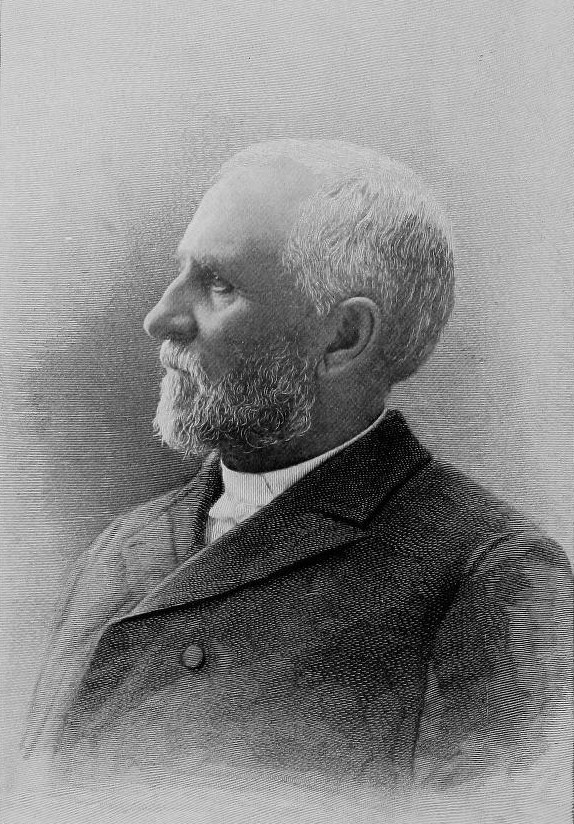The Rev. John L. Nevius: The Holy Spirit Gives a Lesson in Chinese
Church historian William L. De Arteaga shows us that the supernatural aspects of missionary John Nevius’ ministry in China was suppressed and forgotten in the West.
When Protestant missionaries arrived in China early in the Nineteenth Century they had all been educated into cessationism. Part of this awful theology was the belief that exorcism and belief in the present reality of the demonic was archaic, as demons were supposed to have left the earth after the crucifixion. The practice of exorcism was linked to the “corrupt” and priest-centered theology of Roman Catholicism.
The missionaries noticed that the Chinese universally believed in the spirit realm, and that even their Christian coverts retained a belief in demonic spirits. For many missionaries this seemed only a passing stage of the newly converted Christians, as they moved to a more “mature” Christian theology. Several missionaries saw beyond this superficial analysis and understood that the Chinese converts were indeed touching on real spiritual matters.
Among those who came to understand that it was the Chinese who had a more accurate and biblical view of the demonic was the Rev. John L. Nevius,[1] one the most distinguished Christian missionaries of all time. Born in 1829 in Ovid, New York, he received his ministerial education at Princeton Theological Seminary. He arrived in China with his wife Helen in 1854, and from that date until his death in 1893 he spent his life preaching the Gospel and organizing Presbyterian missionary effort in China, and then briefly, Korea.

John Livingston Nevius
Nevius developed what was later dubbed the “Nevius method.” This was a missionary church organized with the intention of making it self-reliant in the shortest possible time. This included severance from outside funding and a structure of home churches led by volunteers. The method sought to remove undue cultural influences on the native church, and give local converts authority as quickly as possible. This attitude was a reflection of Nevius’ appreciation for the good points of Chinese culture, which he learned after his arrival in China and had time to study. Nevius especially esteemed Confucius philosophy and ethical norms as pointing to, and anticipating the Gospel. He often incorporated Confucius’ saying in his sermons – as Paul incorporated Greek poets into his address at the Areopagus in Athens (Acts 17:22ff).[2] The Nevius method was controversial among Presbyterian missionaries in China, and never fully implemented there, but had a major impact on the formation of the vigorous Korean Protestant churches.[3]
John Nevius arrived in China as fully convinced of cessationism as any other Presbyterian minister of the 1850s. As was the custom, a local scholar was employed as his language teacher. For Nevius it was a Mr. Tu. During the moments of informal conversation between teacher and pupil, Mr. Tu. would relate to the folklore of Chinese demons and spirit world. Nevius’ reaction at this point was to consider these stories as a sign of the “mental weakness” of Chinese culture and to be little more than superstitions. However, being a gentleman, he allowed Mr. Tu to go on with his tales. Even at this early stage he felt a bothersome similarity between what he was hearing and the stories of possession and exorcism in the Gospels.
After his language training, the Rev. Nevius was assigned to Shantung province which became his life-long post. There the small missionary community became aware of the case of a haunted house which was cleansed by the mere presence of a newly arrived native Christian family. This was reported to the missionaries, and Nevius recorded that: “It was accounted for as due, like other cases of ‘haunted houses,’ to fear and hallucination, and the subject was dismissed from our thoughts… .”[4]
Category: Church History, Spring 2014


